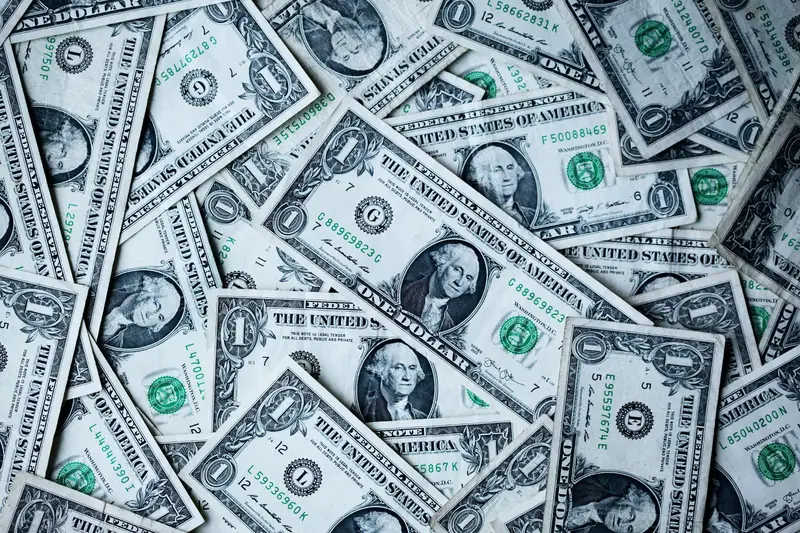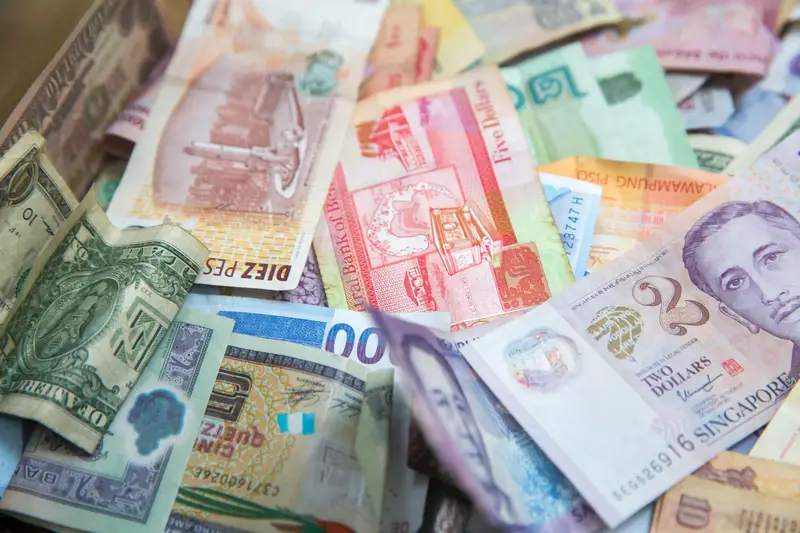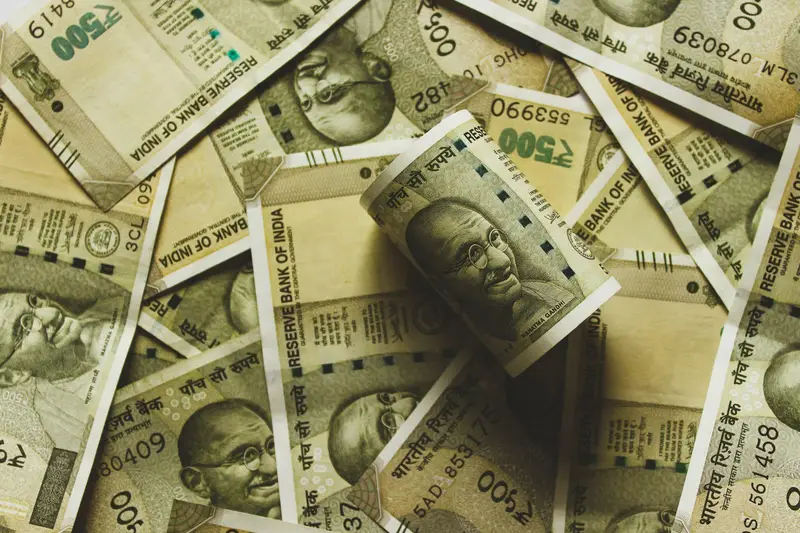Why You Should Always Promptly Repay Forbrukslån Uten Sikkerhet

Credit card debt, school loans, personal loans, advances in cash, medical debt, retail shop accounts, and funds borrowed through family or friends are all examples of unsecured debt. The fact is, unsecured debts are a sign of your trustworthiness, and it is worth looking at the consequences of failing on them and your alternatives moving forward.
If we eliminate the amount we owe on our homes, the vast majority of Americans' debt is unsecured. Credit card debt, school loans, individual loans, payday advances, hospital bills, retail shop accounts, and funds acquired from friends or relatives are all examples of unsecured debt. However, if you have current unsecured debts, what will occur if you do not make payments on them, and what are your alternatives after that?
Defaulting on any loan, secured or unsecured, is never advised. Aside from the potential damage to your credit rating, there is also the possibility of being sued, and even wage garnishments if a court sees fit to order you to repay through your employer. These are all situations you do not want to encounter if you want to protect your good name and your financial standing.
Instead, do everything you can to remain in contact with the lender if something should occur and you cannot make the payments that you agreed to when you signed the loan documents. If you need to verify the terms, visit https://www.forbrukslån.no/ and verify the repayment schedule and interest rates. This is particularly important, as most creditors are willing to work with clients if they show good faith, effort and maintain the line of communication.

How Do Unsecured Loans Work?
Loans come in two varieties: secured loans as well as unsecured loans. A loan that is secured by assets or other property, which ensures repayment, is referred to as a secured loan.
Collateral refers to this asset or property. Mortgages are the most typical form of secured loan since they are backed by the property that was used to pay for the mortgage. The property you bought with a loan from a mortgage may be taken back by the financial institution as payment if you are unable to make mortgage payments. Auto loans are another popular secured loan type that functions similarly.
Unsecured loans are those that are not backed by other assets like cash or real estate.
The only thing typically supporting the financial obligation is your promise to repay it. A credit card is the most typical kind of unsecured financing. Most credit card providers do not have the legal power to seize the goods you bought with the card as payback if you do not make your payments, except your promise to return the money that you borrow on the card.
Business loans, loans for students, and even consolidating debt loans are examples of other unsecured lending kinds. One common way to combine different debts payable on several unsecured instruments into a single loan with one periodic loan payment is through a debt consolidation loan.

Why do lenders risk unsecured funds with loans?
Student loans are another kind of unsecured loan, albeit they often have more distinguishing features. Not only do you "agree" to repay the debt when you take on a student loan, but you also have to sign a "promissory note." Similar to the manner in which a check protects your promise to pay for the things you buy with it, the promissory note you sign then serves as security for your student loan.
Most unsecured loan providers rely on your reputation as well as good faith to believe that you will pay back your unsecured debt because their advances are not protected by security. The three primary credit agencies keep an inventory of how you handle your financial commitments. Credit reports are created by these bureaus based on the loans you get and your payment and/or default history. This data is then condensed to one bureau's evaluation of your credit.
Your overall creditworthiness is determined by comparing your three bureau ratings to the credit scores of other trustworthy borrowers. As long as you pay the appropriate amount each month, the creditor will report this good news to the credit bureaus, providing a positive indication of your trustworthiness to other consumer credit lenders.
What are some actions that will be taken if unsecured loans are not repaid?
They will also notify other lenders if you skip a single installment or stop making payments completely, in part to let them know that you failed to stick to the requirements of your loan arrangement by making the required installments. Your credit score will thus suffer as a result, and a few or all of the aforementioned lenders could decide not to give you a loan in the future.
Some lenders will demand that you consent to automated monthly payment withdrawals made from your savings account to qualify for an unsecured loan, in addition to disclosing your past credit score to credit bureaus. Click here to learn more about ACH, or automated clearing house payments.
It is more likely that you are going to submit your payment each month and that it will be done on time thanks to these automated monthly withdrawals. It may occasionally be quite challenging to stop automatic monthly payment withdrawals; to do so, you must get in touch with both the lending institution and your bank.
What Takes Place If I Miss a Payment of an Unsecured Loan?
Even if an unsecured loan is not secured, there are still repercussions if you do not pay it back or do not make the payments.
The majority of creditors impose substantial late fees monthly when your payment is late. Additionally, the account you have with the bank will probably be overdrawn if you consent to have the funds routinely taken from it and the money to meet the obligation is not there when your lender tries to make the withdrawal. Your bank then charges you even more fees as a consequence.
Due to the fact that corporate loans are frequently exempt from federal and state protection for consumer regulations, the late fees including insufficient funds costs connected with these loans may potentially be significantly higher.

If I am Considered Delinquent, What Will Happen?
A delinquent payment is just making a payment beyond the due date; this can be quite expensive. If you do not make any payments on your debt for several months, you will get a notice you have defaulted on the loan agreement.
Once your loan enters default (https://www.bis.org/bcbs/publ/d403.pdf), a debt collector will likely be given control of it. After then, the debt assessor will start phoning you repeatedly each day to demand payment for the debt.
Usually, threatening collection letters will be sent along with these calls. If none of these collection attempts is successful, the debt will probably be given to a reputable legal firm handling debt recovery on behalf of the debt collector and the original creditor.
Although most legal firms would first try to reach a settlement or obtain payment from you for the debt, they are not compelled to do so.
The only additional contact you can expect from them is a notice of an accusation requiring you to make an appearance in court, aside from a letter merely indicating that they have assumed the obligation and giving you information on where to send your payments.
The lending institution will be far less likely to compromise the account or provide you with fair repayment conditions once the legal action has been launched. This is because a decision will be rendered against you if the creditor prevails in the action. A decree of default is a court ruling stating that you are responsible for paying the debt and indicates that you must do so. The court's ruling effectively secures the unsecured debt at that point.
The creditor may submit the judgment to each of the reporting agencies, which will considerably decrease your credit score, alongside the many other ways, such as garnishments and financial account levies, at their disposal for carrying out a judgment. In conjunction with the other bad information on your credit report, which may stay on your credit score for no longer than seven years, the judgment itself can be on your credit record for up to ten years, whether you finally pay it or not. All of these will have an effect on your future capacity to get credit and result in noticeably greater rates of interest on whatever financing you do ultimately obtain.
Comments
Post a Comment